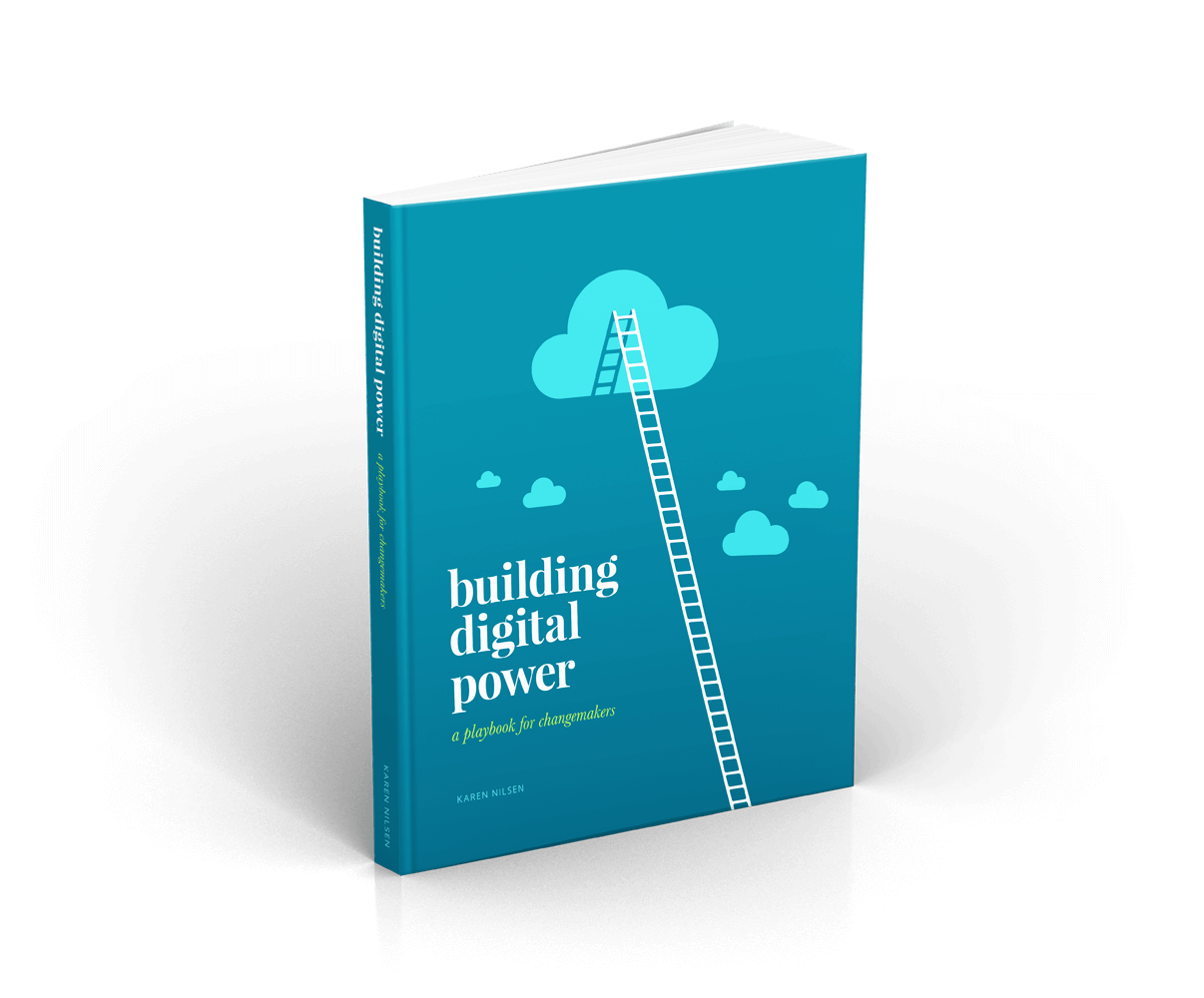11 Ways to Give Subject Lines Consequence (with Examples)
Consider the moment before your supporter decides whether to open your email. They must sacrifice something in order to give you their attention. Either, they’ll need to delay the thing they were about to do next, or choose not to read a different email in favor of reading yours…
You need to give your supporter something to weigh this sacrifice against.
Your subject line is the best shot you have at achieving this. Consider all the ways it can create consequence...
1. Urgency
Give someone a reason to open your message now. A subject line that conveys urgency tells your supporter that if they don’t open your email they may miss out on a limited-time opportunity.
Examples:
TONIGHT: don’t miss this on TV
Last day to RSVP
5 hours left to have your say!
2. Immediacy
It’s human nature to want to be the first to know something.
Examples:
This just in...
BREAKING:
It’s happening: ...
3. Secrecy
It’s also human nature to want to know something that other people don’t.
Examples:
Exposed! …
They tried to ban this TV ad
In confidence -
4. FOMO
We can use social proof to communicate importance—nobody wants to be the last person to get behind a good idea.
Examples:
Only 20 tickets left!
Our fastest-growing petition EVER
20,000 people have already signed!
5. Knowledge gaps
Intentionally omitting a key piece of information can leave your reader wanting more. Just make sure to satisfy and reward their curiosity by delivering the missing piece of information within the first few lines of your email body. Otherwise you’ll just annoy people.
Examples:
I have no words...
This should be ILLEGAL
Trump said WHAT!?
6. REs & FWDs
When used sparingly, this little trick can hack your reader’s mental pattern-recognition processes that discern personal emails from broadcast emails. It does this by momentarily forcing them to process your email subject like they would an ongoing personal email conversation. Beware—this tactic can be easily abused. If you do use reply or forward subject prefixes, you’d better make sure you’re actually following up on an earlier broadcast or forwarding a new message.
Examples:
RE: Live Export
FWD: Investigation Photos
How to build your own digital power, in 200 pages.
Free eBook7. Personal nudges
This approach also works by breaking the ‘broadcast’ mold and forcing your reader to consider you as a human, not a faceless organization. Combine these subject lines with personalized messaging. And use them sparingly for greatest effect.
Examples:
Just checking...
Hey
Did you see my last email?
8. Invoke your reader
More human nature here: if it’s about us, we want to know about it. Try using your supporter’s first name, or “you”—or both.
Examples:
{Name}, your signature is missing!
A gift for {Name}
9. Good news
If it’s positive, let your supporters know! There’s generally not enough good news in the world. This alone gives people a reason to want to tune in.
Examples:
VICTORY!
Thank you {Name}, we did it!
Rescued! [+photos]
10. Vulnerability
Vulnerability is a scarce and intimate quality, which alone makes it really powerful. Lines like these are guaranteed to stand out. Expressing vulnerability implies a high level of trust for your reader—another irresistible quality. Vulnerable language doesn’t have to equate to failure or weakness. It can also be used to raise tension, like this.
Examples:
I’m scared
We messed up
I was wrong
11. Accountability
Using accountability lets you be direct, transactional, and to the point. As a reader, ignoring these messages feels uncomfortable because the subject line alone puts you on notice.
Examples:
Your 2025 membership is about to expire
Final reminder: please update your credit card
Ask yourself: what inherent promise does your subject line make, that will force your reader to weigh up the negative consequence of ignoring your email? If it’s clear, your email will have an advantage. If it’s not, try harder.
Combine this approach with email subject best practices to give your messages the best chances of being seen.
Anatomy of an Action Email
It might seem too obvious to mention. But it’s critical that you’ve defined the objective of your email. Often, it’s to lead your supporter directly to a specific page. Let’s work with that. Make your action...
3 minute readIt might seem too obvious to mention. But it’s critical that you’ve defined the objective of your email. Often, it’s to lead your...
Continue →Get a free weekly digital strategy tip:
Unsubscribe any time. We respect your data. View the privacy policy.
Like this tip? Share it!






